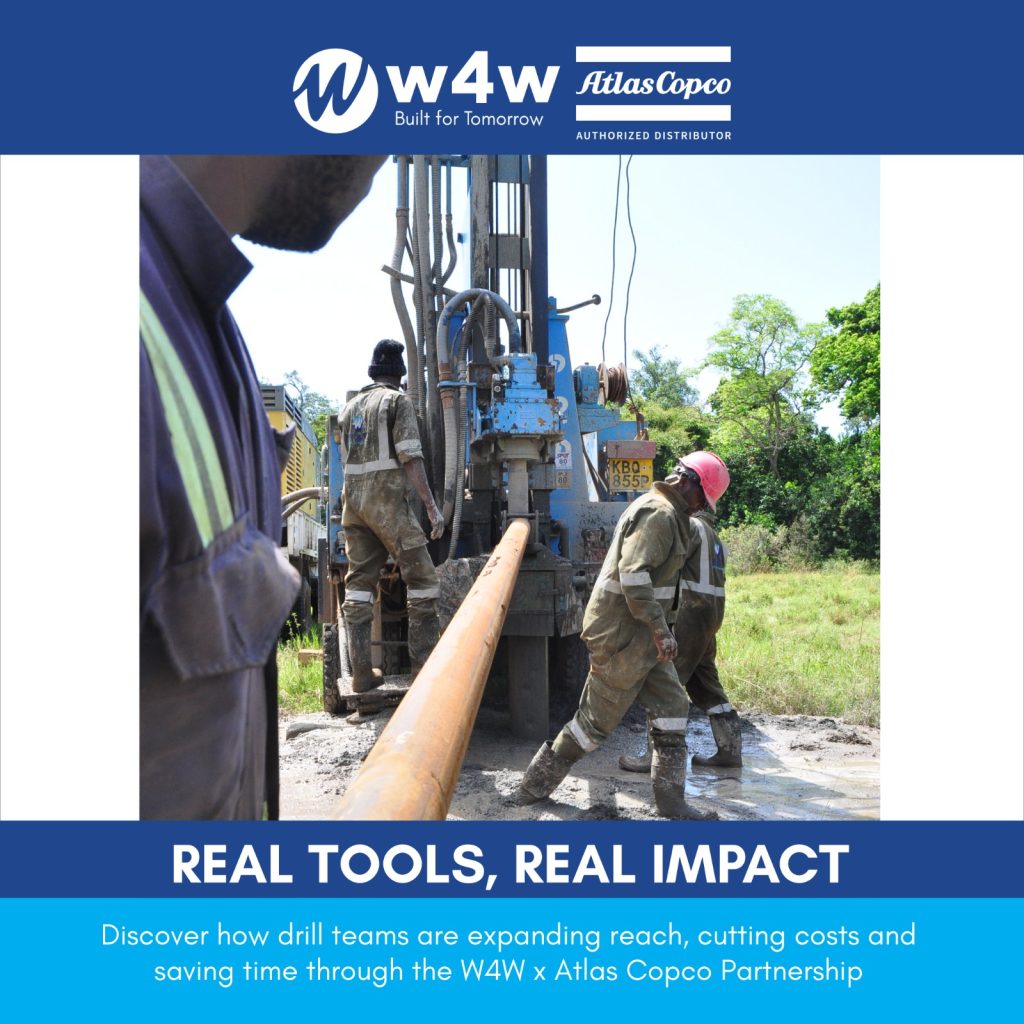Think water scarcity is someone else’s problem? Think again. That refreshing cup of Kenyan tea, the vibrant kitenge you love, even the ugali on your plate; they all hold a hidden story written in water. This is the story of “embedded water,” and it makes water stewardship everyone’s business.
Water stewardship isn’t just about big NGOs drilling boreholes or government policies (though those are vital). It’s fundamentally about understanding our shared connection to this finite resource and taking responsibility for its careful management. It means recognising that every choice we make, from the shower we take to the products we buy, ripples through Kenya’s complex water systems.
Consider this: Producing a single cotton t-shirt can consume over 2,700 litres of water – much of it “embedded” in growing the cotton, often in water-stressed regions. That plate of sukuma wiki? Its journey from farm to fork gulped down significant water too. Our consumption patterns directly drive demand, influencing how water is sourced, used, and polluted upstream. When we waste water or choose water-intensive products carelessly, we contribute to the strain on rivers, lakes, and aquifers millions depend on.
So, what does active water stewardship look like for you?
- Individuals: Fix that dripping tap today. It wastes litres daily. Opt for shorter showers. Choose locally grown, seasonal foods – they often have a lower embedded water footprint than imported goods. Be mindful of water-intensive purchases (like new clothes or electronics).
- Communities: Protect local springs and rivers from pollution. Champion rainwater harvesting initiatives. Establish clear rules for shared water points. Report leaks in public infrastructure. Plant indigenous, drought-resistant trees to protect watersheds.
- Businesses: Conduct water audits. Invest in water-efficient technologies. Treat and reuse wastewater. Source materials responsibly, asking suppliers about their water practices. Support watershed conservation projects near your operations. Transparency is key.
This is where Wells for Wellness (W4W) steps in. We believe sustainable water access isn’t just about infrastructure; it’s about empowered, water-responsible communities. We don’t just drill boreholes; we work with communities to build local water committees, provide training on maintenance and conservation, and foster a culture of shared ownership. We help Kenyans become active stewards of their most vital resource.
Water security isn’t a spectator sport. It demands collective action, starting with awareness and translating into daily choices. Kenya’s future flows depends on it.


